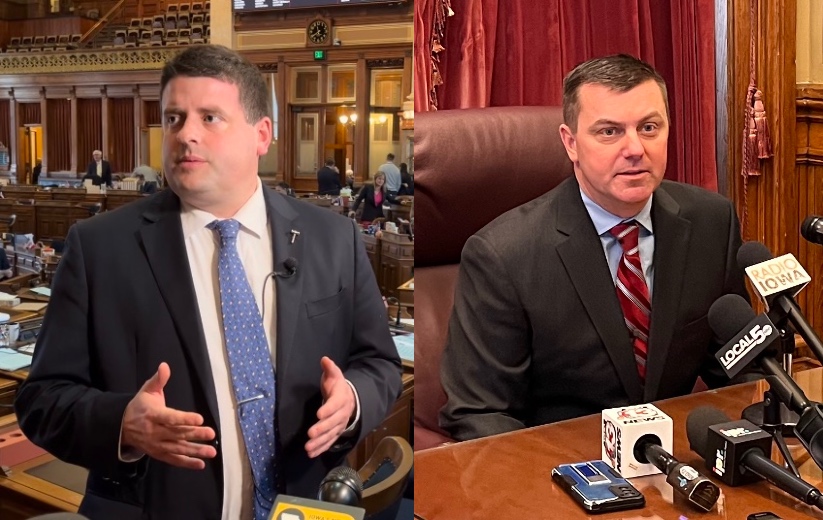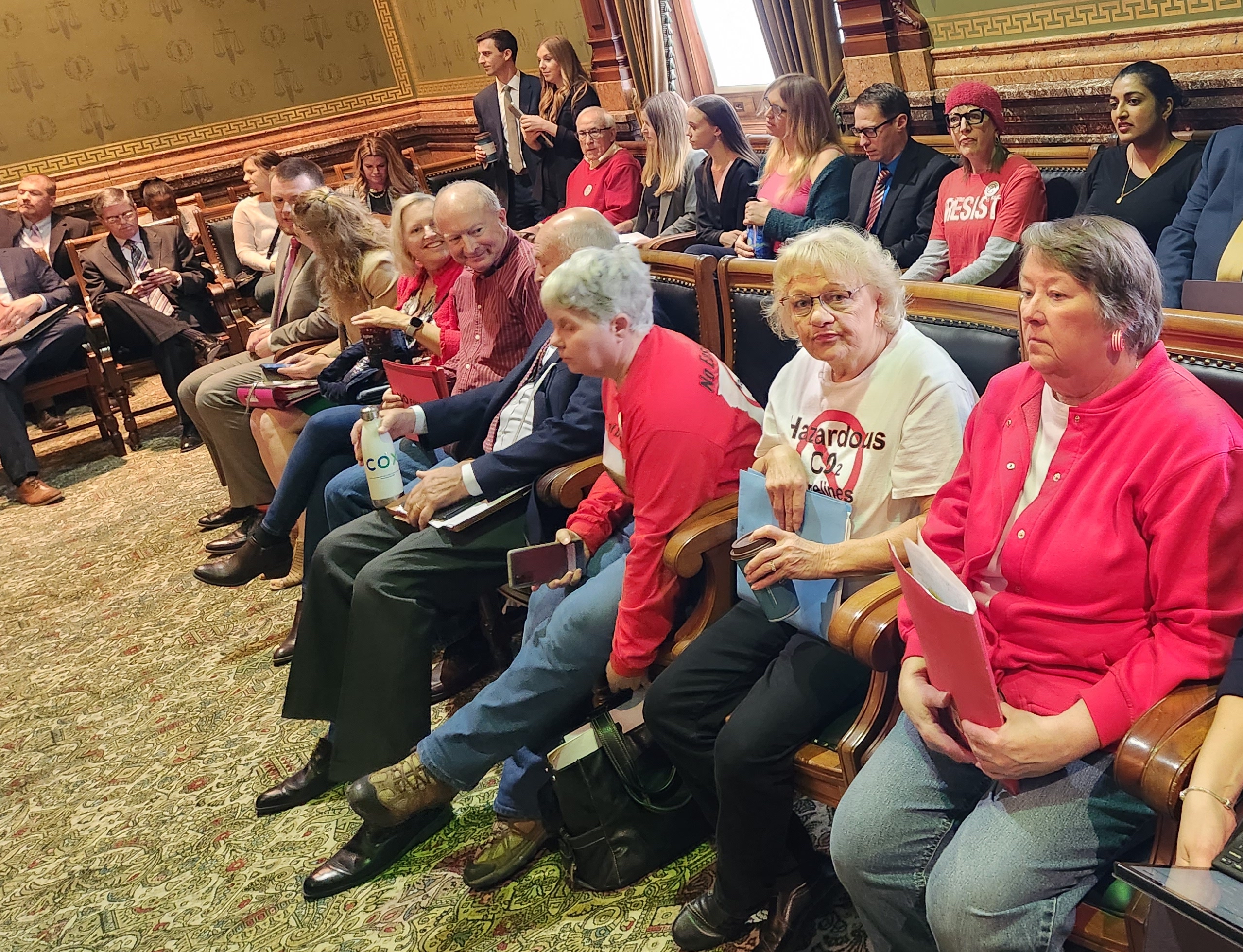UPDATE: On September 29, the Des Moines School Board learned that the Iowa Board of Education Examiners had revoked Roberts’ administrator license, and received from federal authorities a copy of the final order of removal and other documentation indicating that Roberts was not authorized to work in the U.S. The board held another special meeting at which members voted to put Roberts on unpaid leave. They also gave his attorney until noon on September 30 to provide documents supporting his claim to citizenship. Otherwise the school district will start the process of terminating his contract. Original post follows.
Members of the Des Moines School Board voted unanimously on September 27 to place Superintendent Dr. Ian Roberts on paid administrative leave, one day after U.S. Immigration and Customs Enforcement (ICE) detained him. ICE has said Roberts is unlawfully present in the U.S. and lacks work authorization.
In support of the motion she offered at the special meeting, school board member Kim Martorano said, “While there is still much that we don’t know, what we do know is that Dr. Roberts is currently unavailable to perform his duties as superintendent.” She said Iowa Code Chapter 279 and “standard district practice” called for putting Roberts on paid administrative leave “pending further information. The board may revisit this at any time that we have obtained additional concrete information relevant to Dr. Roberts’ status.”
Continue Reading...










